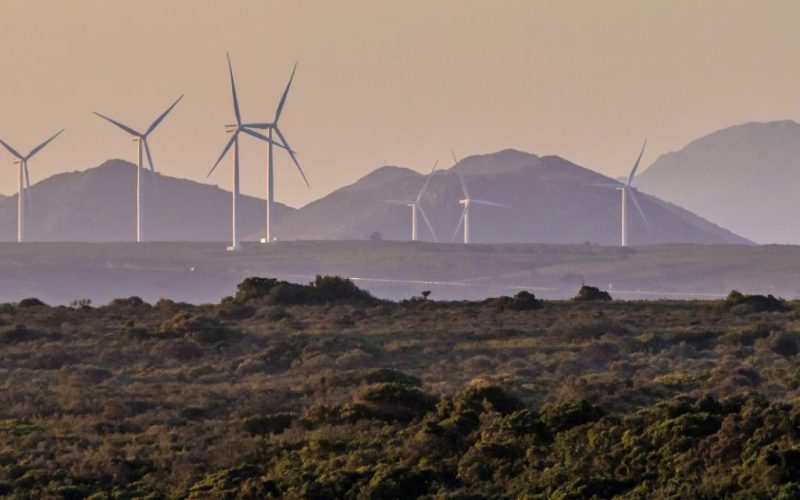Africa’s energy transition hinges on transparency and fair trade, according to Antonio Pedro, Deputy Executive Secretary of the United Nations Economic Commission for Africa (ECA).
Speaking at a webinar in Addis Ababa on Critical Energy Transition Minerals (CETMs) and the UN Global Framework for Just Energy Transitions, Pedro emphasized the need for a competitive mineral resources development environment.
He noted that Africa must capitalize on mineral prices before technological advances create substitutes.
Pedro highlighted the importance of value addition and beneficiation to curb the export of unfinished mineral products. “To maximize rewards from the mineral value chain, African countries must focus on enhancing their domestic CETM sectors,” he said.
The webinar brought together officials, civil society, and other regional stakeholders. While Pedro acknowledged progress in governance, he pointed out ongoing challenges in taxation, value addition, and strengthening economic linkages. He also stressed the environmental, social, and geopolitical complexities of mineral exploitation.
“Africa’s abundance of cobalt, manganese, lithium, and other minerals positions it as a key player in clean energy supply and global sustainable development,” Pedro remarked. However, he emphasized that fair and just exploitation of these resources is essential to create sustainable jobs, diversify economies, and increase revenues for development and transformation.
Angela Kariuki, Legal Officer at the United Nations Environment Programme (UNEP), presented the UN’s framework for managing the transition to CETMs.
She highlighted the importance of minimizing environmental and social risks while harnessing economic potential, stressing the need to protect local communities and promote circularity in value chains.
Clovis Freire, Economic Affairs Officer at UNCTAD, underscored the role of transparency and fair trade in ensuring trust among stakeholders during the energy transition.
He called for increased communication and collaboration to achieve a successful transition.
John Sloan, Economic Affairs Officer at ECA, emphasized the potential for mineral-based development to drive economic transformation in Africa.
He urged the private sector, governments, and civil society to focus on value addition and job creation, particularly in sectors like manufacturing. Sloan also highlighted ECA’s partnerships in initiatives supporting battery manufacturing in the Democratic Republic of Congo (DRC) and Zambia.
During a panel discussion, Nellie Mutemeri of the University of the Witwatersrand emphasized the need for sustainable mining practices, particularly in artisanal and small-scale mining sectors, which provide livelihoods for millions in Africa.
However, she pointed out that challenges like lack of transparency and accountability often lead to unequal benefit-sharing and negative impacts on vulnerable groups.
Gloria Magombo, Permanent Secretary for Energy and Energy Development in Zimbabwe, reiterated the importance of value addition to ensure maximum benefits from Africa’s mineral resources. She called for mandatory value addition before exports.
Moses Tshetlane, Director of the Mineral Affairs Division in Botswana’s Ministry of Minerals and Energy, emphasized the need for regional cooperation in addressing climate change.
He highlighted the importance of developing carbon sinks and funding university research to advance clean energy access. “Collective action is crucial to meet global clean energy targets,” he concluded.
